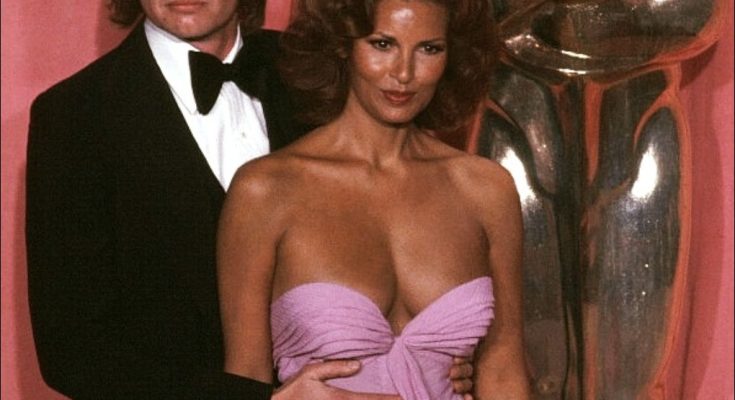The 1975 Oscars were also memorable for other reasons. That evening, actor Dustin Hoffman—nominated for his role in Lenny—was known for his critical view of award shows, once describing the Oscars as more about performance than substance. His remarks sparked debate even before the ceremony began, with host Bob Hope joking that if Hoffman won, someone else might have to accept on his behalf. Although Hoffman didn’t take home the award, the moment highlighted the growing divide between Hollywood tradition and new voices emerging in the industry.
Another notable moment came when Hearts and Minds, a documentary about the Vietnam War, won Best Documentary Feature. Director Bert Schneider used his acceptance speech to speak about the political climate of the time, prompting a response from the ceremony organizers. This brief but impactful exchange reminded audiences that even celebratory events can reflect the tensions of the era.
There were quieter, more introspective moments as well. Ingrid Bergman’s win for Best Supporting Actress in Murder on the Orient Express was warmly received, but during her acceptance, she humbly stated that she believed fellow nominee Valentina Cortese deserved the honor. Her grace and honesty stood out as a reminder that personal integrity often resonates as strongly as performance.
Throughout the night, a generational shift could be felt—between the established icons of Hollywood and the newer, more vocal talents pushing for change. From political statements to unscripted reactions, the 1975 ceremony reflected an evolving industry and a society in transition.
Now, nearly 50 years later, a single photo from that night has brought the conversation back to the surface. For some, it evokes memories of Hollywood’s golden age. For others, it raises important questions about how culture has grown and what values have shifted. Both views can coexist—and perhaps that’s what gives the image its lasting power.
History is rarely one-dimensional. And in a world shaped by images, sometimes one frame can open the door to deeper reflection. The photo of Welch and Voight is more than just a glimpse of glamour—it’s a window into the complexities of a moment, and a reminder that the way we interpret the past often reveals just as much about the present.



